Non-surgical management can be a good place to start when addressing early onset osteoarthritis. There are a number of options that can be trialled and may prove useful in providing symptomatic relief for patients.
The three things that have been proven to work for the symptoms of arthritis are muscle strengthening around the knee, weight loss and systemic non-steroidal anti-inflammatory medications.
An individually tailored treatment plan should be created and discussed with your general practitioner, especially if initiation of new medication is involved.
- Underlined points will redirect you to sites of interest
Options
Education/Information Services
A registered charity providing support and information to people with arthritis, as well as their family and friends.
A not-for-profit organisation that aims to improve the quality of life for people in the ACT who are suffering from arthritis, osteoporosis and other musculoskeletal conditions.
Weight Loss
Where osteoarthritis affects weight-bearing joints (such as the hip, knee, or ankle), dietician advice and/or a supervised program might be useful
Exercise
- Pool classes (hydrotherapy),
- Gym classes, Cycling, Walking
- Simple home exercises for joint pain – Arthritis Research UK
- Find your local exercise physiologist
Muscle Strengthening
Physiotherapy, with instructions for ongoing home program
Medications
- Paracetamol: can be taken at a dose of 1g up to four times a day
- NSAID’s (anti-inflammatories): where the response to simple analgesics is inadequate, these can be prescribed by your family doctor or specialist.
- Glucosamine sulphate and/or chondroitin sulphate: should be trailed for about 2 months, and continue if effective
- Creams/Gels: Topical forms of anti-inflammatory medication are available from your chemist, and may provide some symptomatic relief.
Please remember that complementary medicines need to be treated with the same care and respect as other medicines. Many complementary medicines can cause side effects and may interact with other medicines (eg. prescription medicines). This can cause serious health problems or make other medicines less effective. Talk to your doctor or pharmacist before using any complementary therapy.
Modification of Lifestyle
- Minimise aggravating activities eg. use cart for golf, and modify work activities
Footwear
- Use supportive footwear, and try cushioned insoles (chemist, brace shops). In some cases seeing a podiatrist for orthotics or shoe wear modification is appropriate, after discussion with your doctor.
Walking Aids
A walking stick, crutches or walker may be needed.
Brace/Neoprene sleeve or bandage
These can be supplied by a chemist or physiotherapist, after the appropriate recommendation from your doctor.

